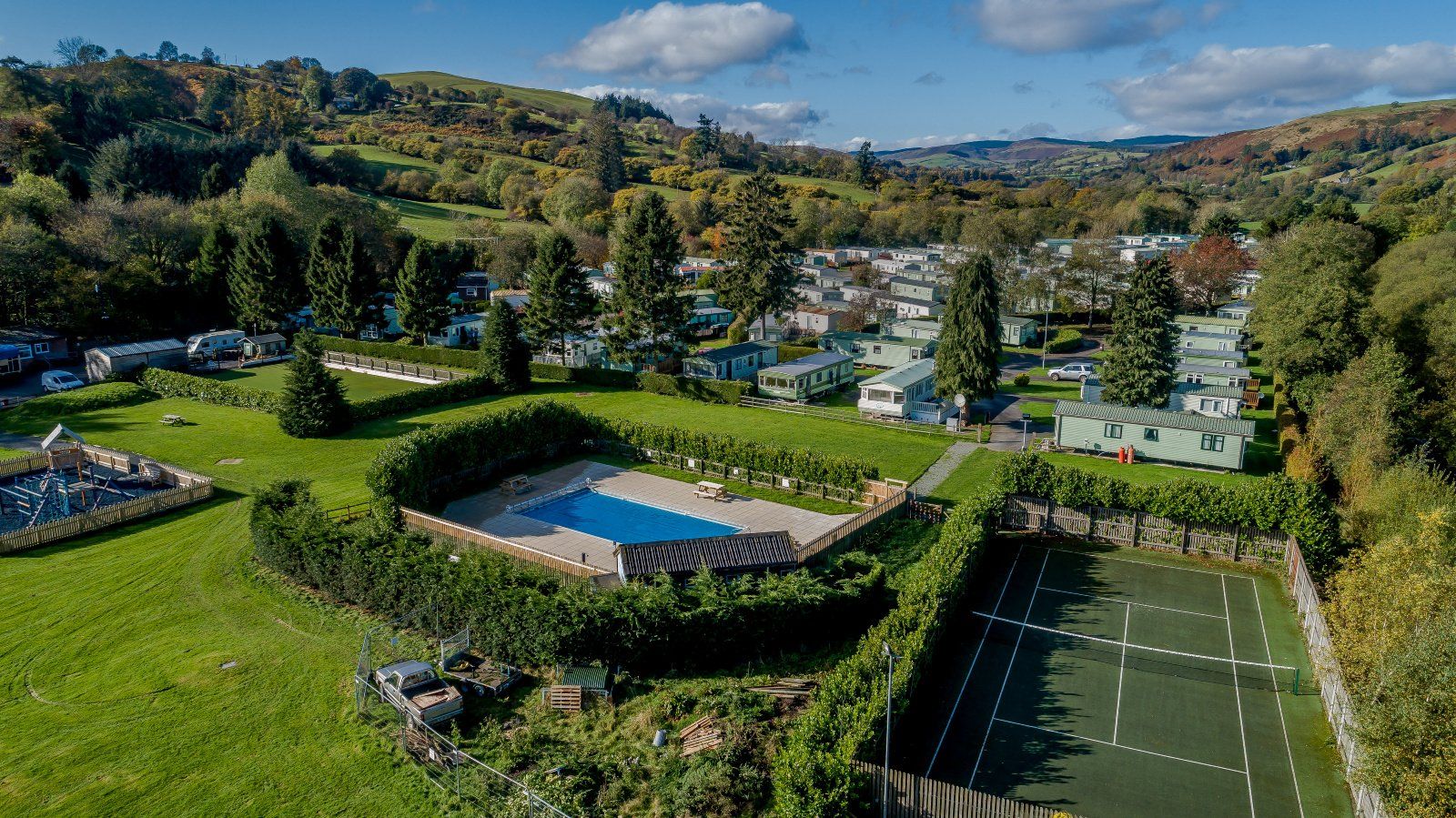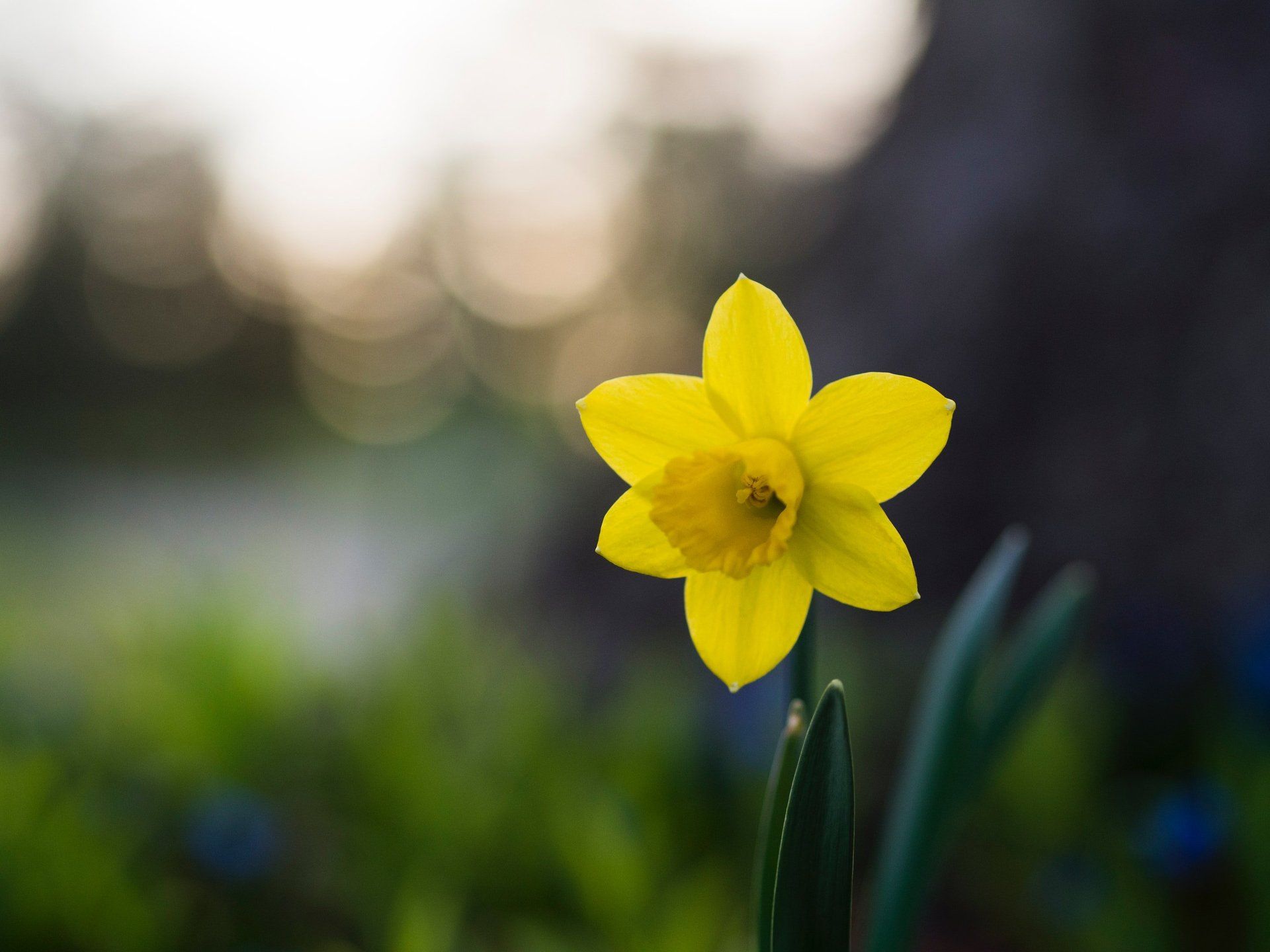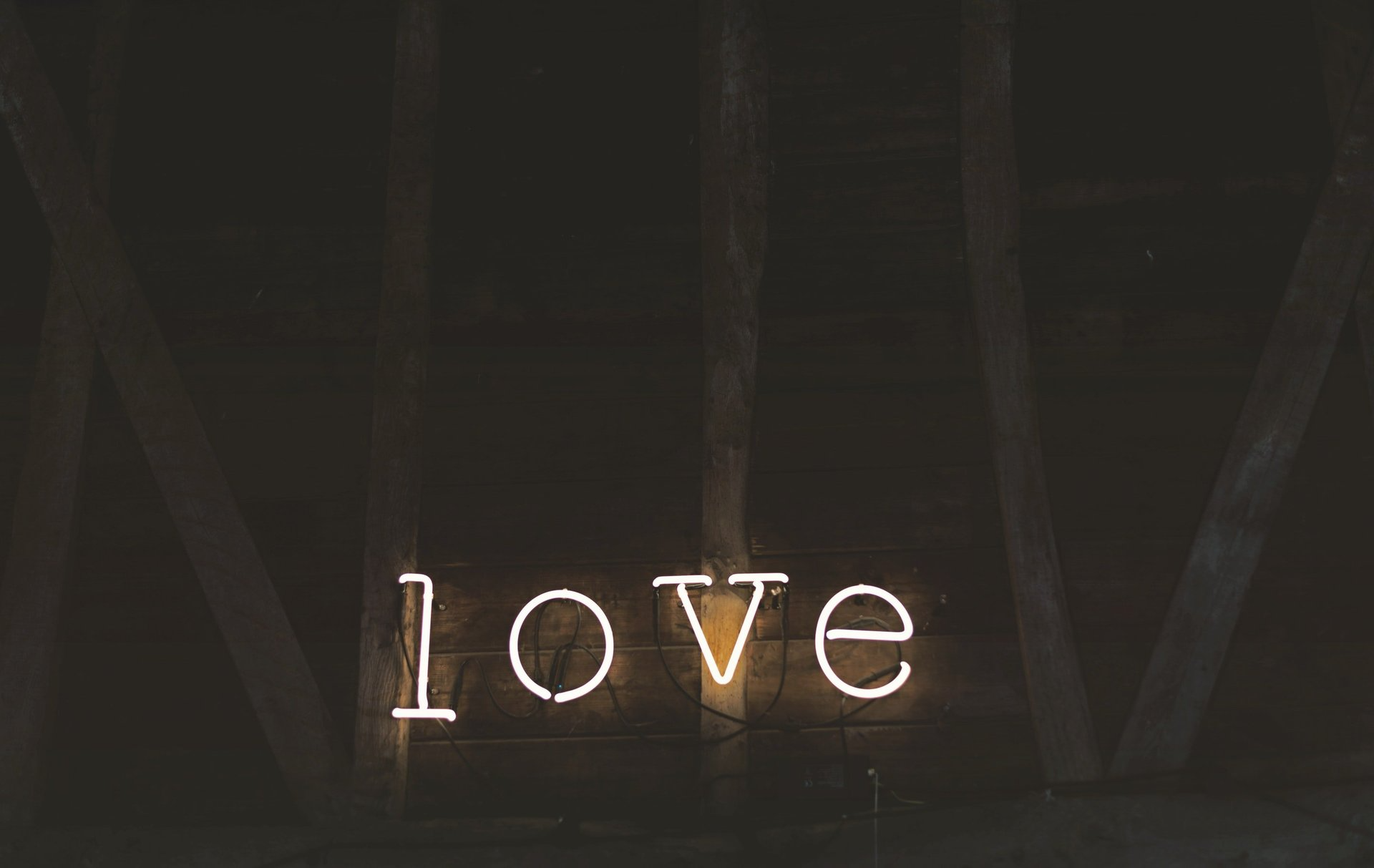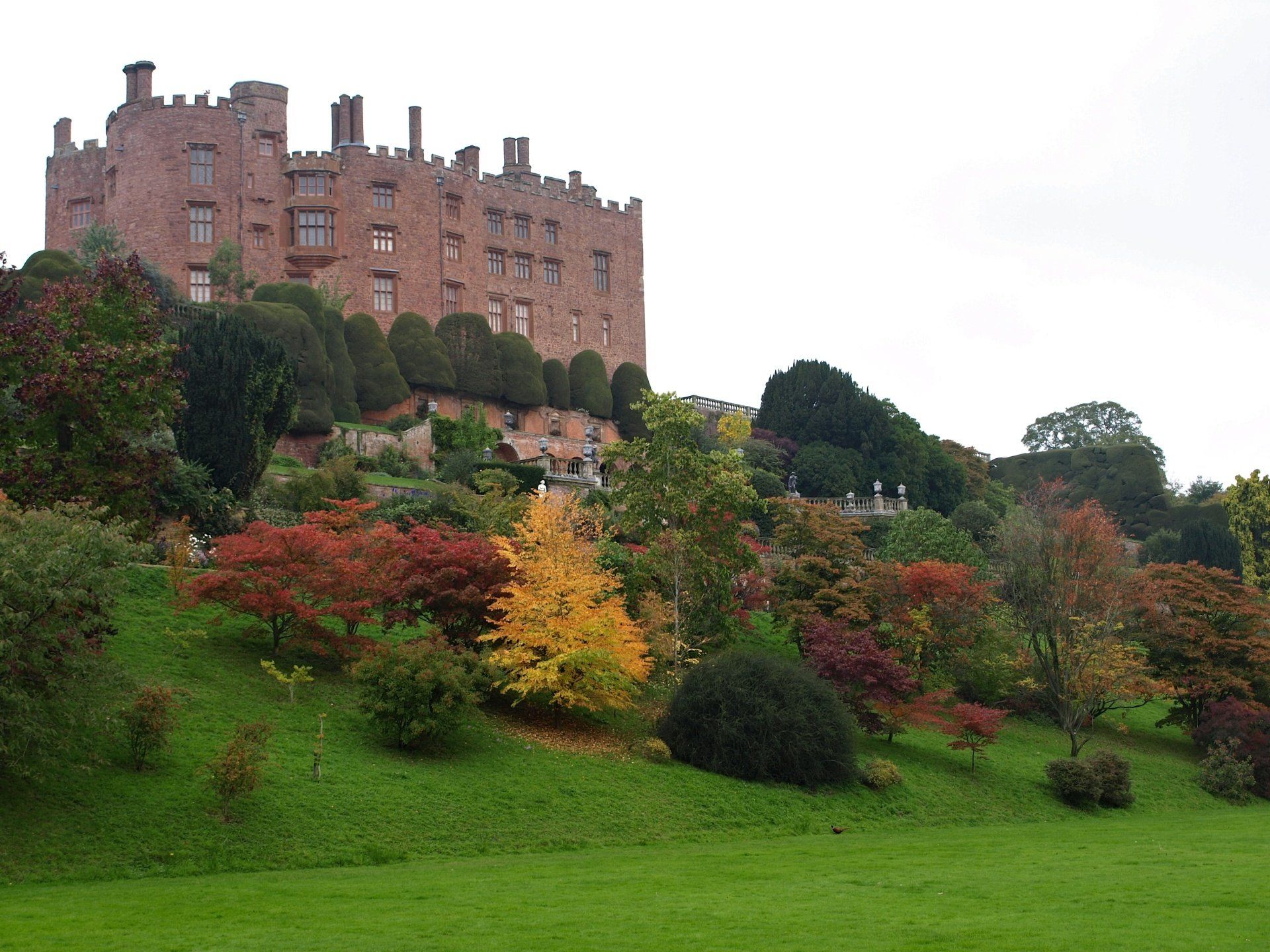What's the Connection Between Sheep Farming and Wales?
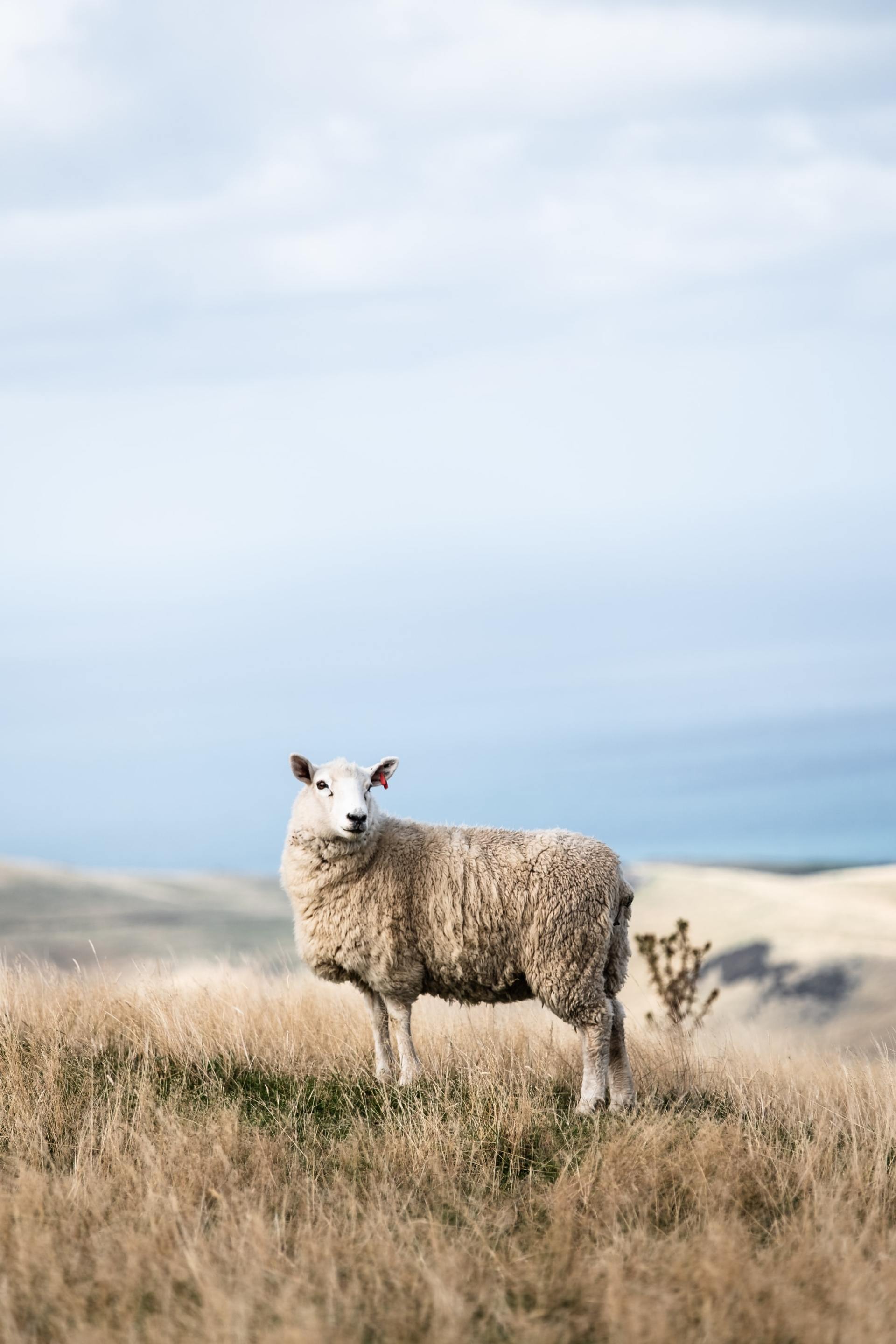
Lamb
Lamb is generally a sheep up to the age of one year. Much of the Spring lamb you see for sale in the UK is imported from New Zealand because the growing process is quick due to their cereal-based diet.
Hogget
Hogget is a sheep aged between one and two years.
Mutton
Mutton was traditionally the main form of sheep meat eaten in households across the UK, but its popularity has diminished and it’s rare to find mutton served at the dinner table.
Mutton is anything over 2 years of age but can include other meat such as goat, too. It’s usually tough and lean which doesn’t fit with today’s cooking style of 30-minute meals, as to produce a flavoursome, soft meat it would need to cook for hours.
Welsh Sheep Farming
It’s said that sheep farming was introduced in Wales by Cistercian monks, mainly for the animal’s wool and not its meat. With the decline in the use of wool and the production of man-made fibres, sheep were then raised almost exclusively for their meat.
The most popular breed is the Welsh Mountain Sheep as it is most suited to the landscape and climate of the country. They are notably smaller than other breeds, but they only produce one lamb at a time, and they are said to have a more flavoursome meat.
Popular Lamb Recipes
A traditional Sunday lunch with lamb and all the trimmings (and a dollop of mint sauce) is often reserved for Easter Sunday but lamb is great at any time of the year. Its not just great as the Sunday dinner joint, there are many other ways you can enjoy lamb, including:
Lamb hotpot – a versatile dish that is enjoyed by the whole family, is quick to prepare and tastes delicious.
Lamb curry - Using lamb in a curry with plenty of veg is a great alternative to the usual chicken or beef dishes. Plus, you could even try preparing it in the slow cooker for a greater depth of flavour, and, of course, ease.
Lamb chops – nothing beats lamb chops, mashed potato, and spring greens.
Sheep and lambs are synonymous with Wales and have been a contributor to the Welsh economy for centuries. Aside form their meat and textile use, we love seeing the newborns lambs springing around in the field, playing together, it really is a beautiful and heart-warming sight. If you love all things nature, then why not book your next stay at Twin Rivers Holiday Park, and come and see these delightful animals in their home.


Join our mailing list to receive discounts, useful tips, park news and updates...
Join our mailing list for general park news
Thank you for joining our mailing list.
We will get back to you as soon as possible.
Oops, there was an error adding you to the list.
Please try again later.

